Russia in Revolution, 1900-1930
- 296 pages
- 11 hours of reading
A narrative and pictorial portrait of the political and artistic upheaval that changed the course of Russian history and culture during the first three decades of the century.
A distinguished reporter and editor for The New York Times, this author gained renown for his incisive reporting from Moscow during the nascent stages of the Cold War. His deep engagement with the Soviet Union, cultivated during his tenure as bureau chief, earned him significant acclaim, including a Pulitzer Prize. Salisbury's journalistic lens later turned to Asia, where he covered pivotal events such as the Vietnam War and complex issues surrounding China. His extensive career was marked by a profound commitment to illuminating major international developments through diligent reporting.

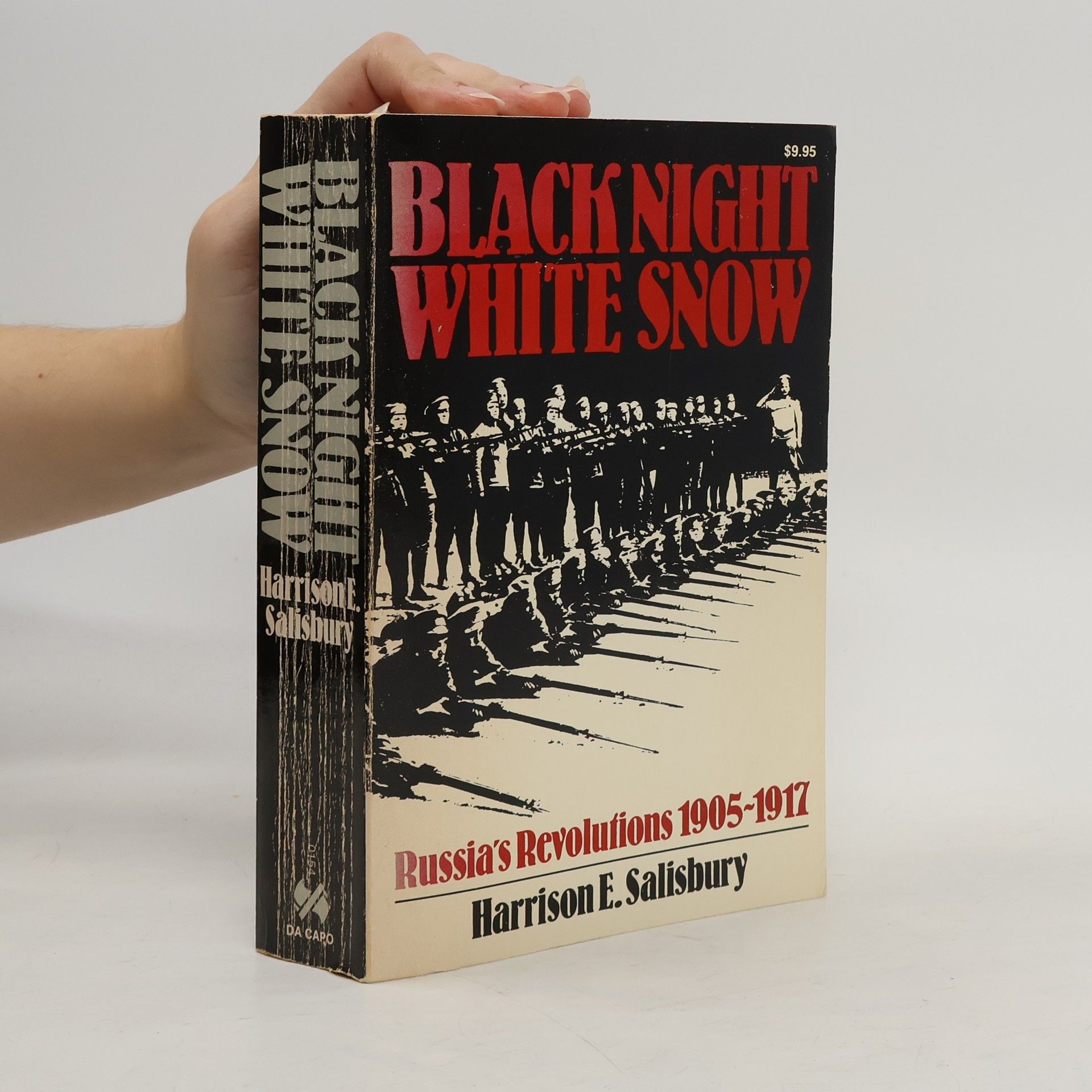
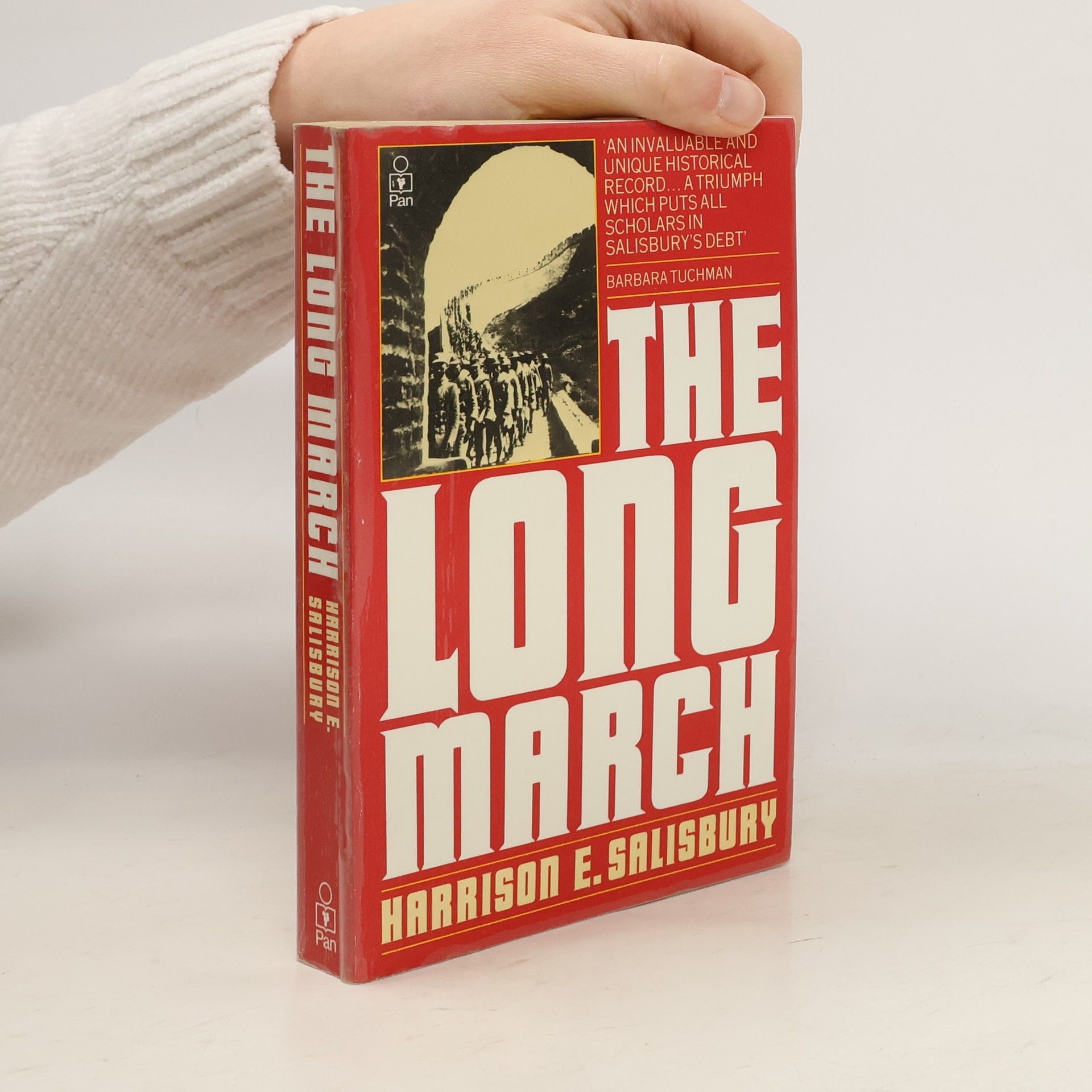
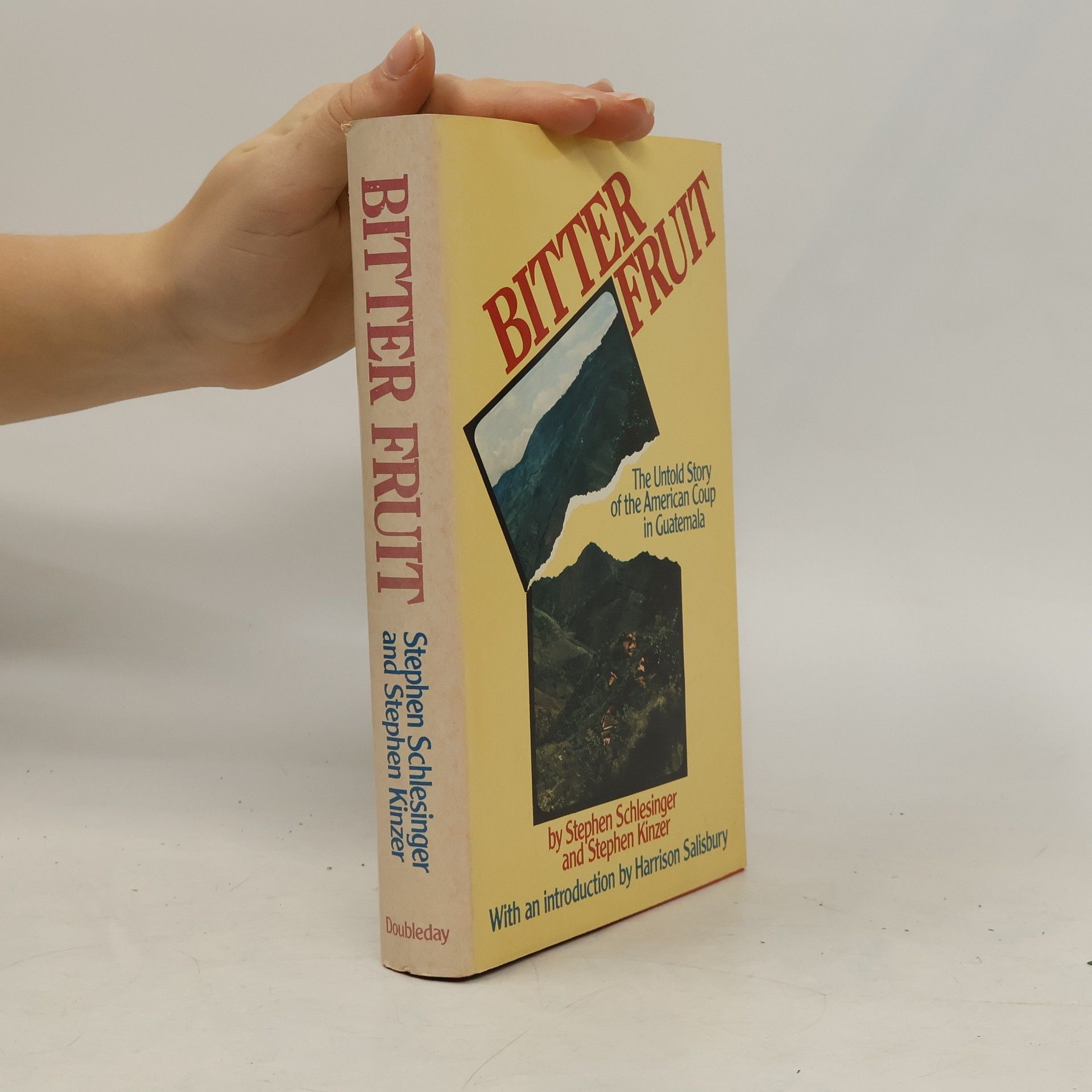
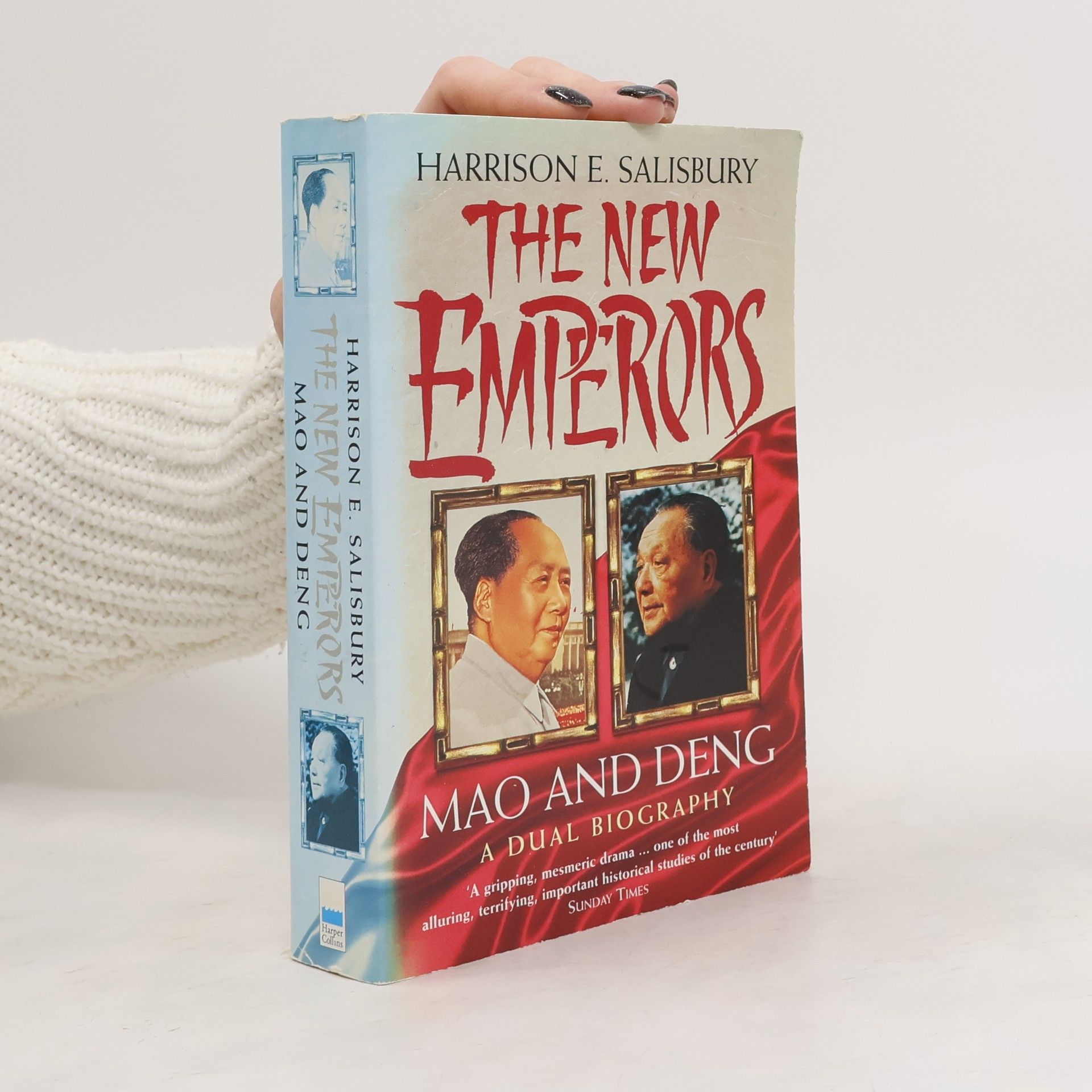
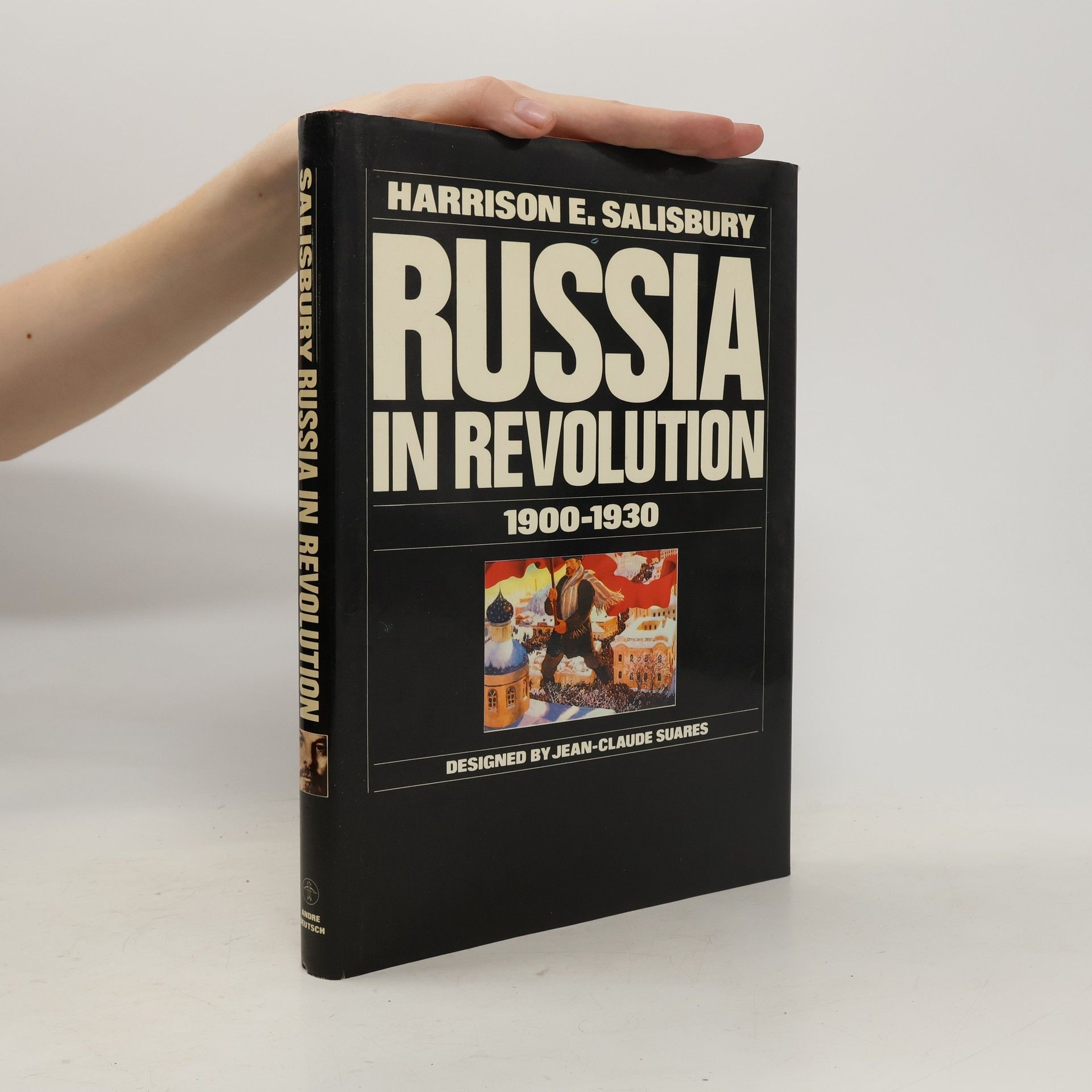
A narrative and pictorial portrait of the political and artistic upheaval that changed the course of Russian history and culture during the first three decades of the century.
Focuses on the complex relationship between these two men as part of the development of modern China - Communist takeover - Mass famine - Great Leap Forward - Cultural Revolution - Third Line - Jiang Qing - Gang of Four - Tiananmen Square.
BITTER FRUIT explores the methods employed by the USA, particularly through the CIA and its ambassador, to overthrow Guatemala's democratically elected government in 1954. President Jacobo Arbenz was enacting land reforms aimed at alleviating poverty in a country still shackled by an oppressive labor system. Following the defeat of a dictatorship in the 1940s, Guatemala sought to enfranchise its citizens. The "fruit" in the title refers to the United Fruit Company (UFC), a powerful American corporation with significant land and political influence in Guatemala. When Arbenz's government seized uncultivated UFC land and compensated the company based on its tax valuations, it triggered a backlash in Washington. The term "communism" was invoked, leading President Eisenhower to authorize covert operations to replace Arbenz with a military junta. This move contradicted the democratic ideals inspired by FDR. The book is a meticulously researched historical account, featuring a chapter on Edward Bernays, a PR pioneer hired by UFC to sway public opinion against Arbenz. Ironically, shortly after the coup, the US government filed an anti-trust suit against UFC, questioning the motives behind the intervention. A 1998 report revealed that 150,000 people were killed and 50,000 disappeared post-coup, predominantly at the hands of government forces. This poignant narrative highlights the tragic consequences of foreign intervention in Guatemal
Behind the long march A walk by moonlight The rise of the Red Bandits On the eve The man in Bleak House First moves Strategems The conspiracy of the litters The women The first big battle The Red Army changes course Zunyi Mao takes charge A needle wrapped in cotton Mao skirts disaster Holding Chang Kai-Shek by the nose Mao's great deceptions The golden sands The chicken-blood oath Those left behind The legion of death Luding bridge The great snowy mountains Reunion Back of beyond A magical carpet Dark hour, bright glory Home The gathering Return of the prodigal "Cold-eyed, I survey the world" The little man who could Never be put down Notes A Note on Sources Bibliography Index Illustrations Maps
The destruction of the Czars which brought about the reign of revolutions from 1905–1917 in Russia looms as the crucial political event of the twentieth century. In little more than a decade the Romanov dynasty was toppled, and its time-honored institutions repudiated. How did it happen? How could Nicholas and Alexandra, the nobility, middle class anarchists—even Lenin himself—not foresee the catastrophic changes that were shaking the empire? Why could nothing be done? And why were the efforts so ineffectual? Black Night, White Snow captures the rich drama of this whole period. With the artistry of a Balzac, Harrison Salisbury exposes the strata of Russian society, with its decedents, prophetic poets, religious fanatics, and newly liberated serfs. From archival sources within the Soviet Union, interviews, and his personal photography collection, he recreates the story as it happened. Hard data on Russia's economy, a first-hand knowledge of the county, and a historian's gift of compression are combined in a fast-paced narrative that reads with the ease of a good novel and the urgency of a newspaper headline.
Over China
The Dramatic Official Answer to Who Killed Kennedy